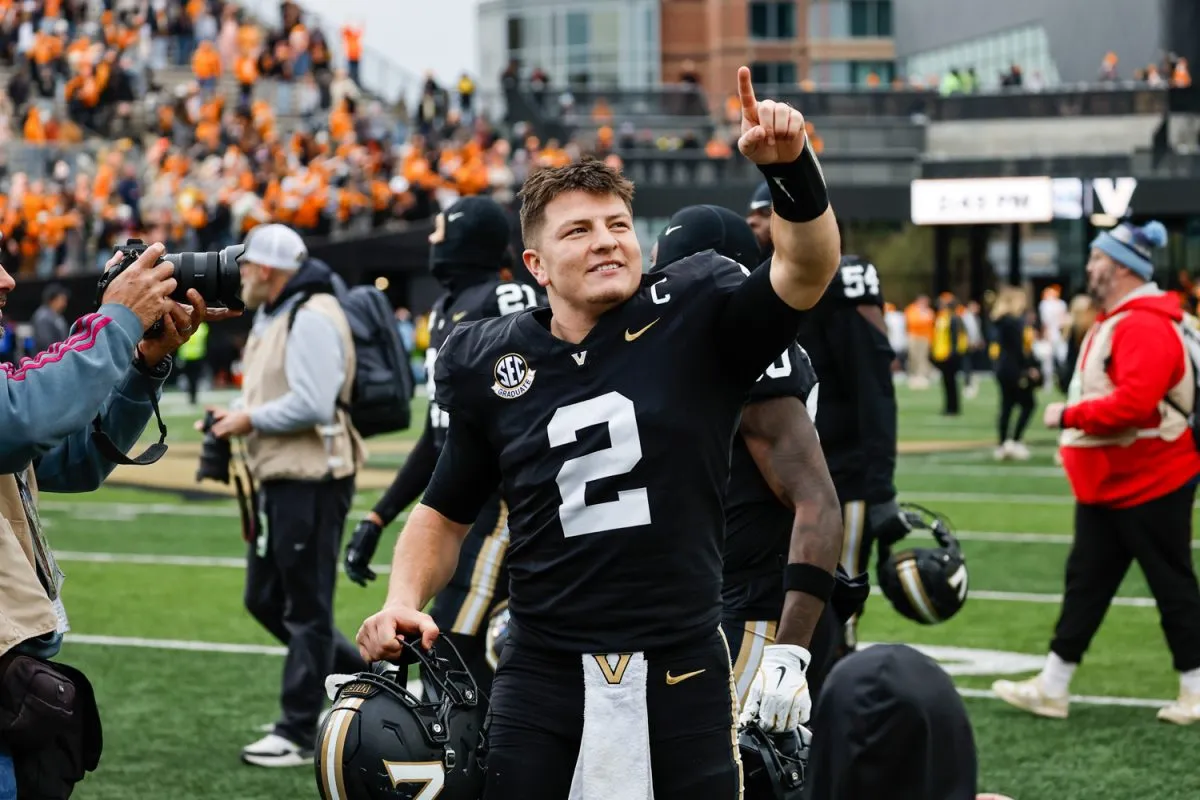In a surprising twist of fate, Vanderbilt University’s quarterback Diego Pavia has become a beacon of hope for college athletes nationwide. A federal judge’s recent decision to grant Pavia a preliminary injunction for the 2025 season not only solidifies his position on the field but also challenges the rigid eligibility rules set by the NCAA.
The injunction, issued by U.S. District Judge William L. Campbell, marks a pivotal moment in NCAA sports, particularly for players starting their careers in junior colleges. Judge Campbell’s decision underscores a significant shift, emphasizing the rights of student-athletes to extend their college sports careers and potentially earn substantial income from Name, Image, and Likeness (NIL) deals.
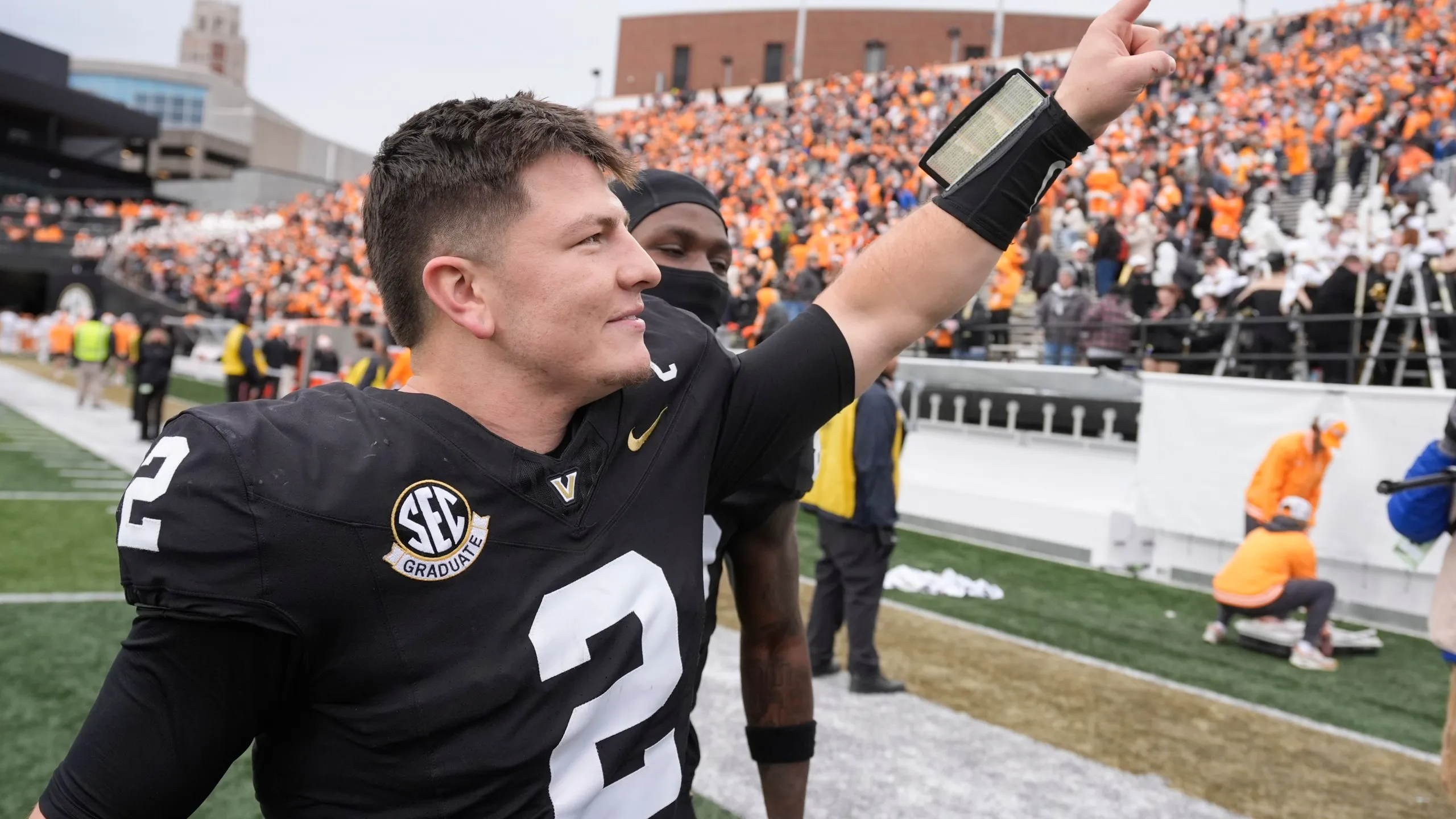
Pavia’s Journey from Junior College to Vanderbilt
Diego Pavia’s story is one of resilience and determination. Despite not receiving offers from any Football Bowl Subdivision school after high school, Pavia’s journey did not end there. He attended New Mexico Military Institute, leading his team to a national championship in 2021. His subsequent move to New Mexico State and later to Vanderbilt underlines a trajectory marked by hard-fought victories and significant personal growth.
Under Pavia’s leadership, Vanderbilt has achieved milestones that were long considered unattainable, including victories over top-ranked teams like the University of Alabama and Auburn University. These victories not only boosted the team’s morale but also placed Vanderbilt in a bowl game for the first time since 2018, a testament to Pavia’s impact and leadership.
The Implications of Judge Campbell’s Ruling
Judge Campbell’s detailed ruling highlighted the discrepancies in the NCAA’s eligibility rules, which he noted were particularly restrictive for junior college athletes. By comparing the treatment of junior college athletes to those from prep schools, Campbell pointed out the unfair limitations placed on the former, asserting that these rules did not justly preserve the quality of experience for student-athletes.
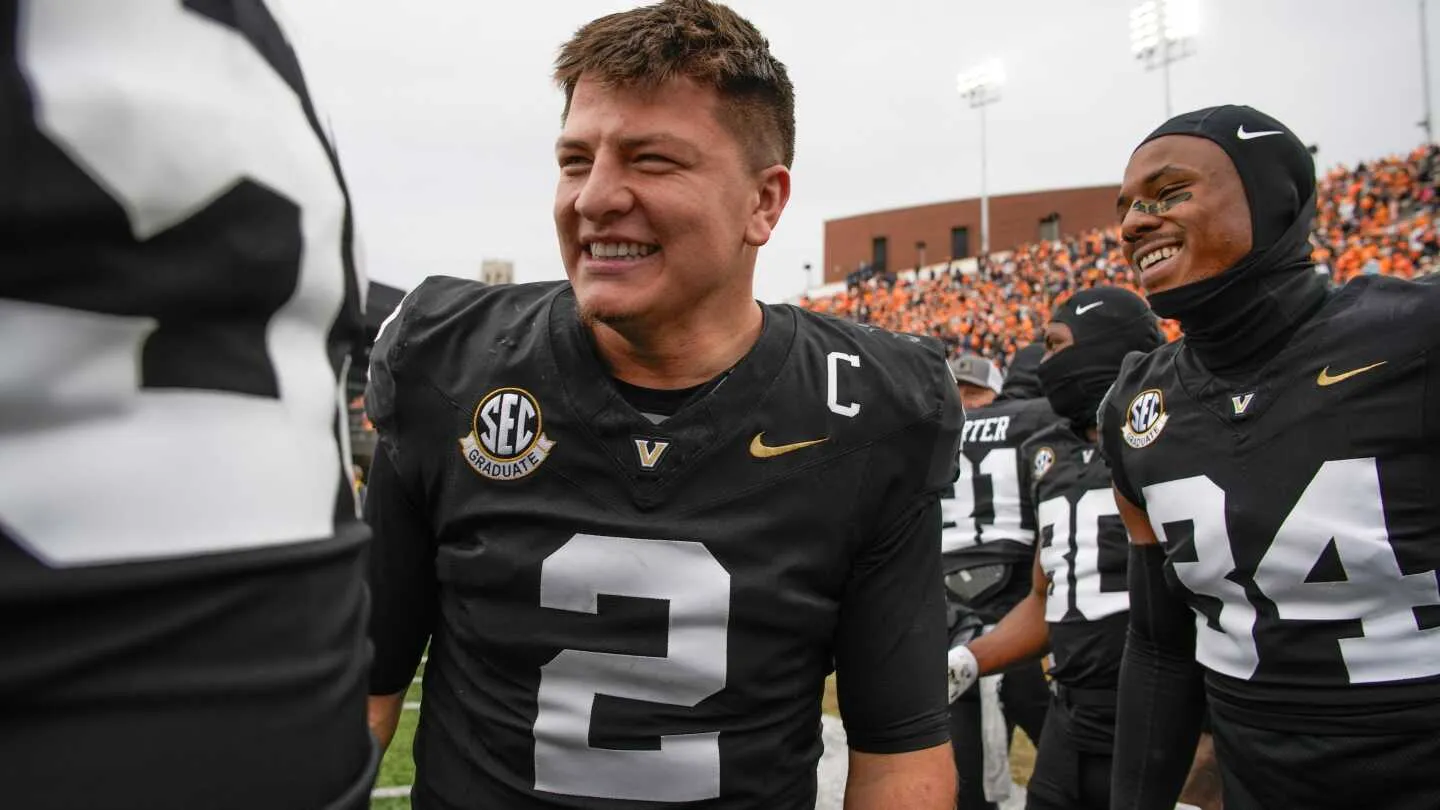
The judge also noted the evolving nature of NCAA regulations, which have gradually adapted to allow more flexibility for athletes, such as the introduction of the redshirt rule. This evolution, according to Campbell, should logically extend to include athletes like Pavia, whose circumstances reflect both the changing dynamics of college sports and the growing importance of NIL compensation.
The Future for Diego Pavia and College Football
As Vanderbilt prepares for their upcoming game against Georgia Tech in the Birmingham Bowl, the excitement around Pavia’s extended eligibility is palpable. Coach Clark Lea’s statement highlighted the broader significance of this ruling for the sport, suggesting that this decision could pave the way for more athletes to challenge NCAA restrictions and seek additional playing time.
Pavia’s attorney, Ryan Downton, echoed this sentiment, suggesting that the court’s decision might inspire other junior college athletes to seek additional eligibility without resorting to legal action. This could potentially lead to a more equitable landscape in college sports, where the contributions and labor of athletes are more fairly compensated and recognized.
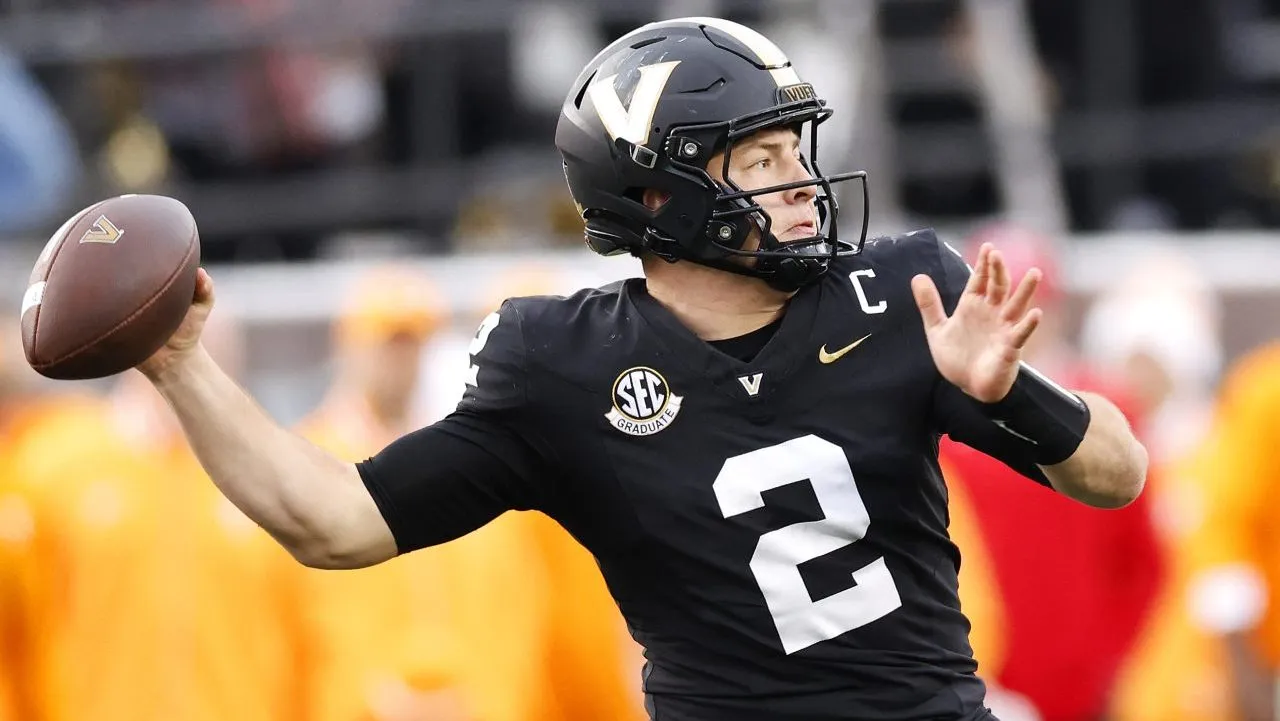
In conclusion, Diego Pavia’s injunction is not just a personal victory but a landmark moment that could reshape the landscape of college football and NCAA sports at large. As Pavia looks ahead to another season, his case stands as a testament to the power of perseverance and the ever-evolving nature of collegiate athletics. This ruling is not only a win for Pavia but for future generations of college athletes who might find themselves in similar situations, hoping to extend their careers and educational opportunities through sports.
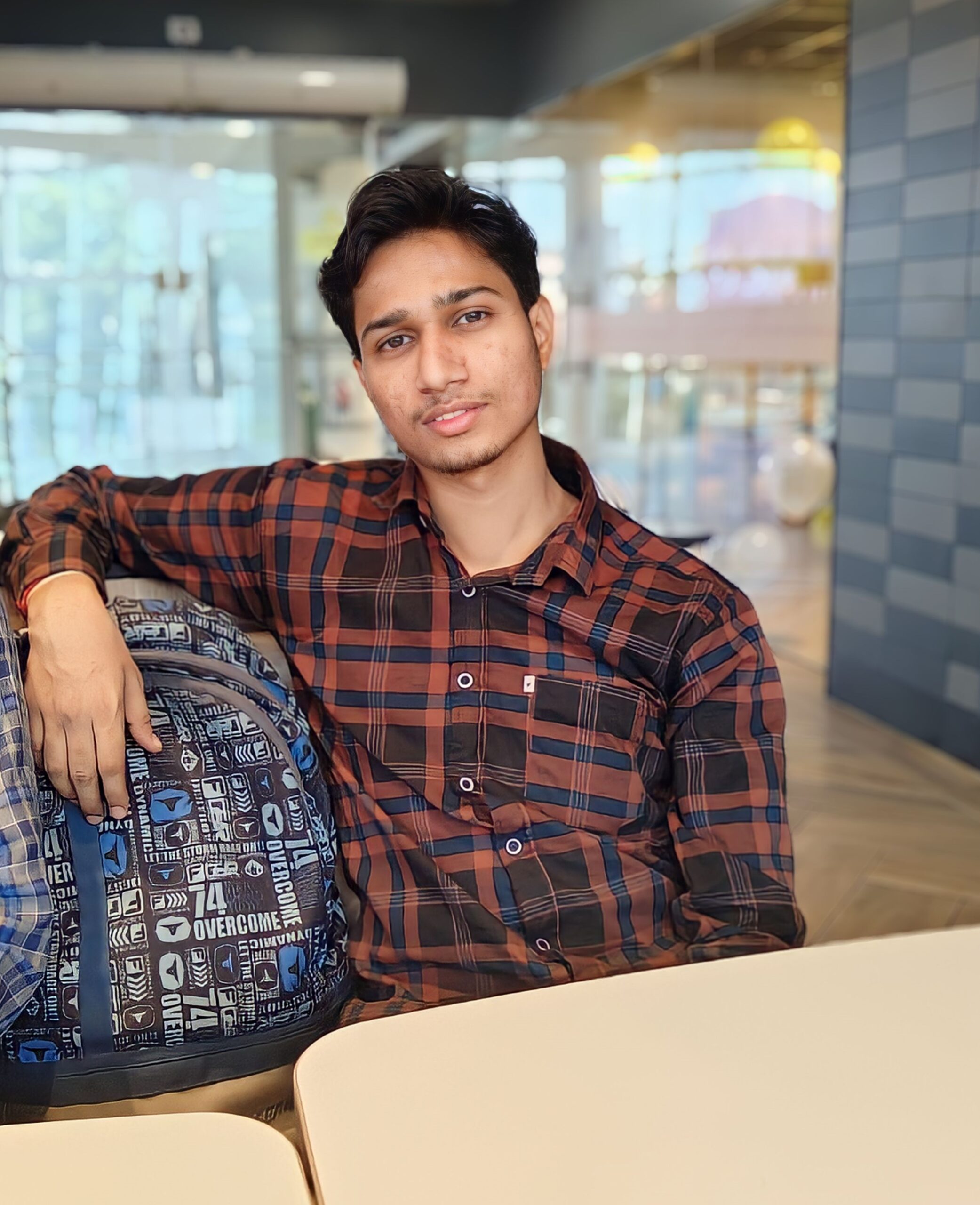
I am a writer with a passion for technology and gaming. I write about a variety of subjects, including Esports, Games, Shows, and Sports. I create engaging and informative content for Hiptoro.

